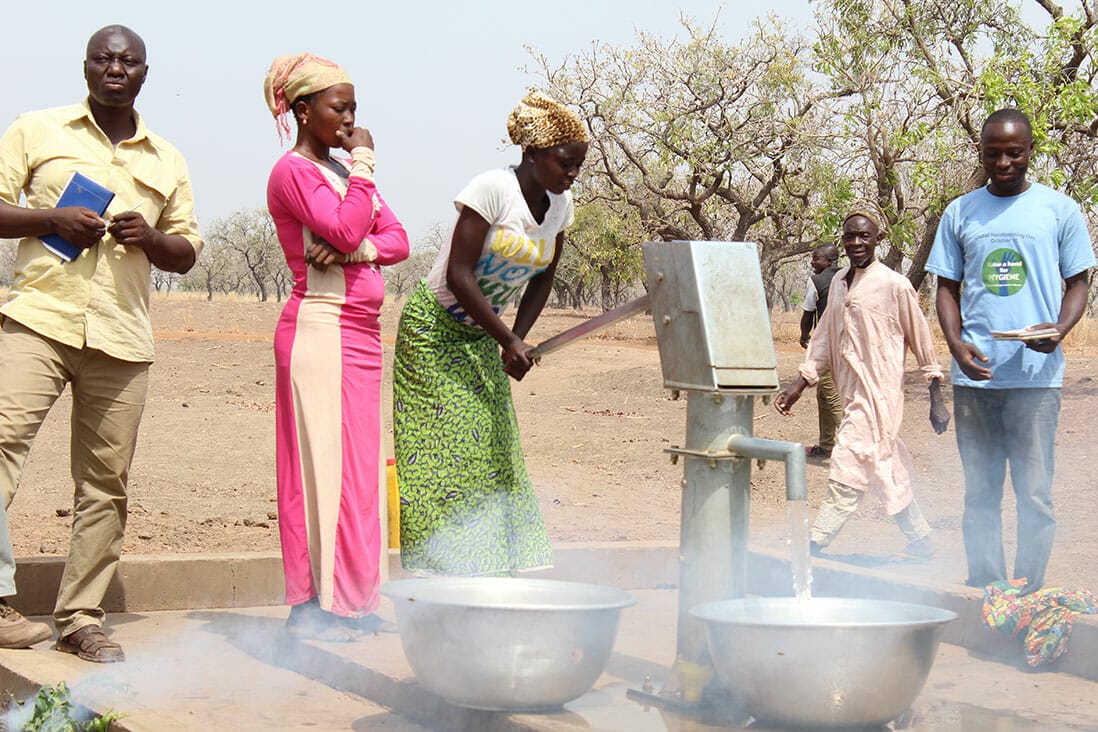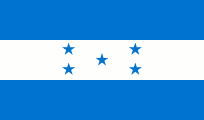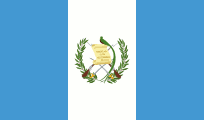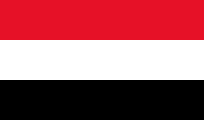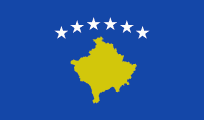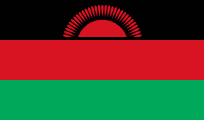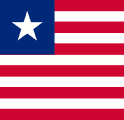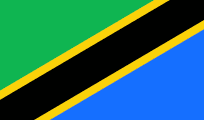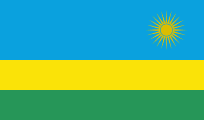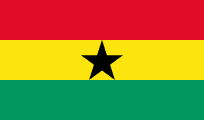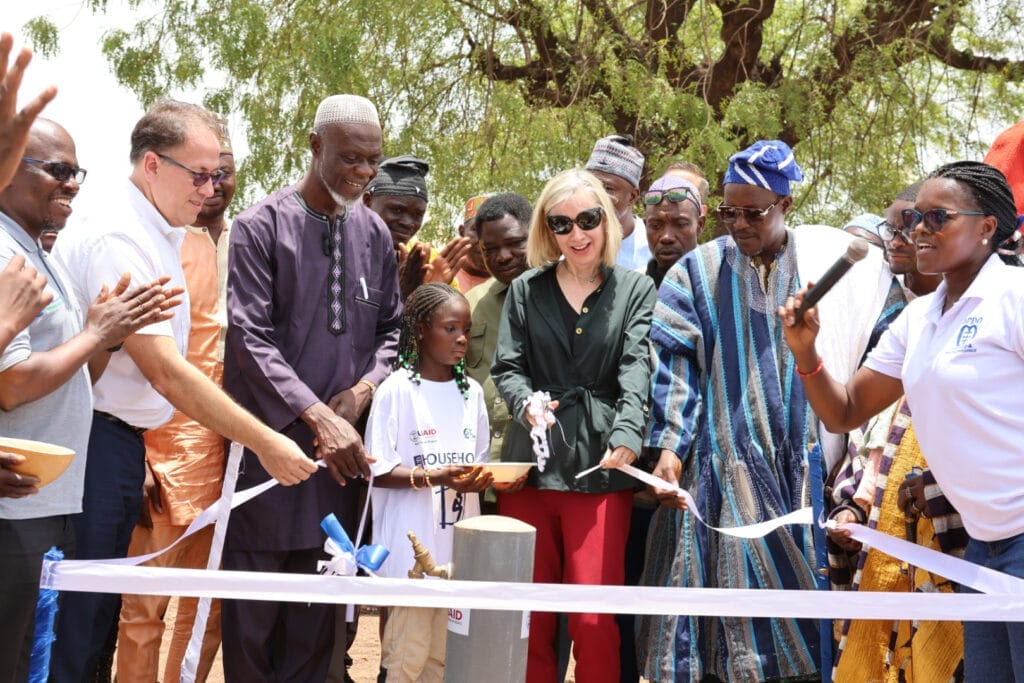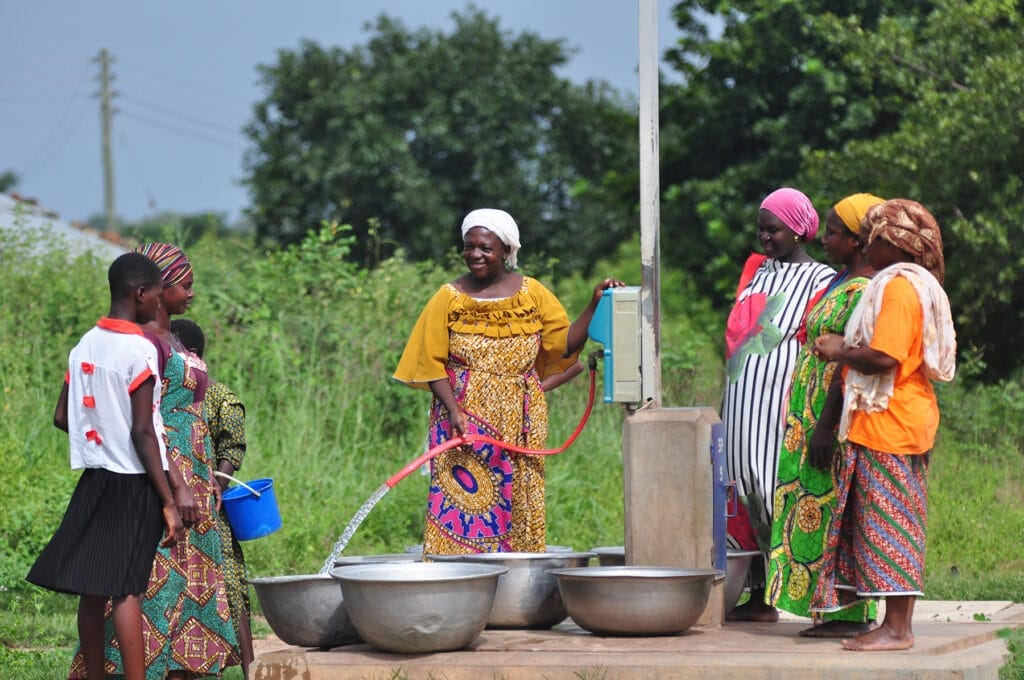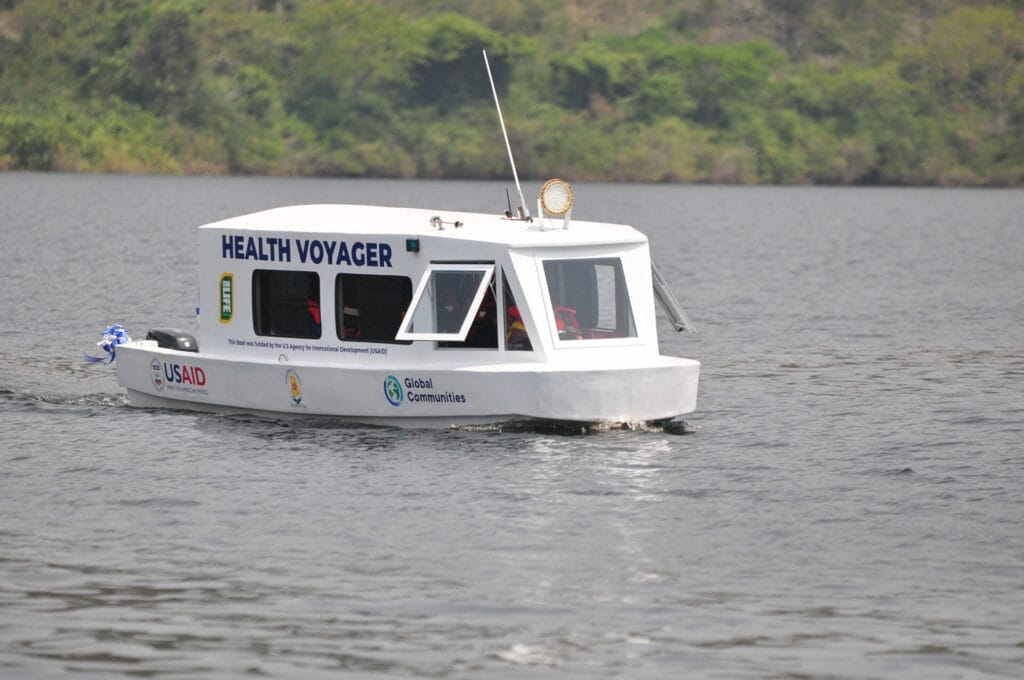From floods to droughts to overuse to pollution, billions of people struggle daily with challenges related to water access. At the same time, 890 million people globally do not use basic sanitation and practice open defecation in gutters, open water bodies, or fields. Open defecation and poor sanitation pose enormous threats to a community’s health and cost the global economy at least $260 billion annually. Climate change also directly affects access, quantity, and quality of water, and will make sanitation systems vulnerable to shocks, such as increased frequency and severity of floods, compounding potential environmental health risks.
Without access to sustainable water services, communities will continue to experience stalled economic growth, food insecurity, disease, and poverty. Addressing both the persistent and emerging challenges to sustainable access to water, sanitation, hygiene (WASH) and strengthened water resources management improves health, prosperity, and security. To meet these urgent needs, Global Communities integrates sustainable water services and water security throughout our programs, working to protect at-risk ecosystems, resources, and the social and economic welfare of vulnerable populations, with a particular focus on watershed protection, and sustainable access to clean water services.
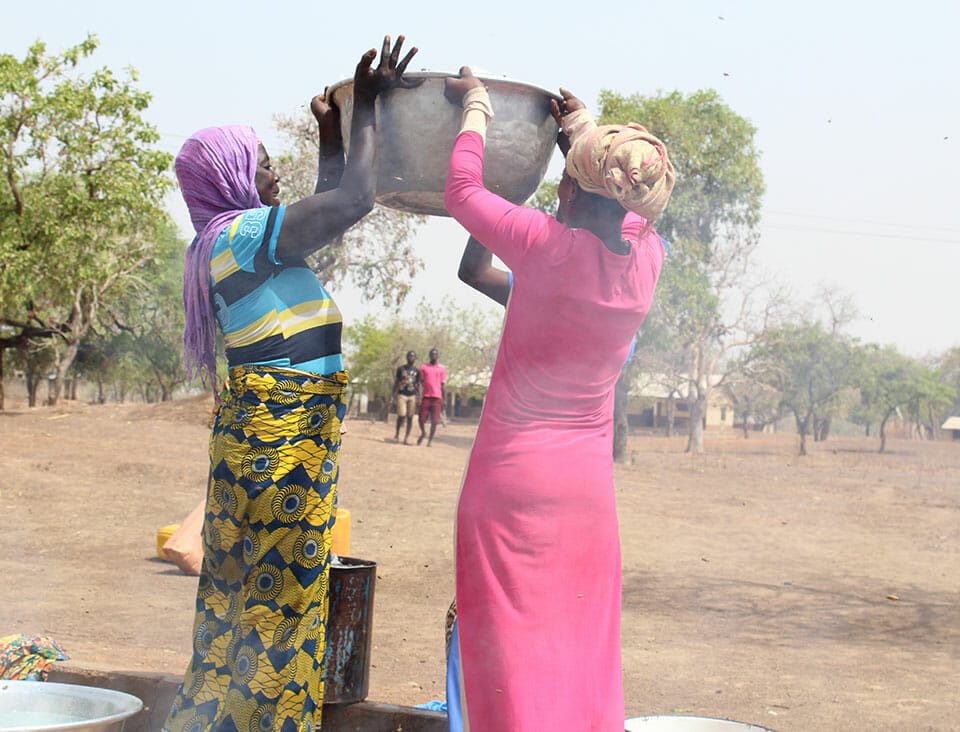
Water Resource Management for Sustainable & Equitable Water Supply Services
Competing water use interests can stress supply, from rapid urbanization and agricultural intensification to hydropower development, and environmental protection. Global Communities supports participatory and data-driven integrated water resource management with geospatial analytic capacity, policy transparency, and political accountability for long-term outcomes.
Our work includes helping local governments and civil societies develop WASH services that are resilient in the face of persistent threats from climate change, including making strategic investments to mitigate future vulnerabilities. Climate change adaptation and mitigation can be a platform for enabling collaboration among water resource users and an incentive to put effective water allocation and sharing systems in place.
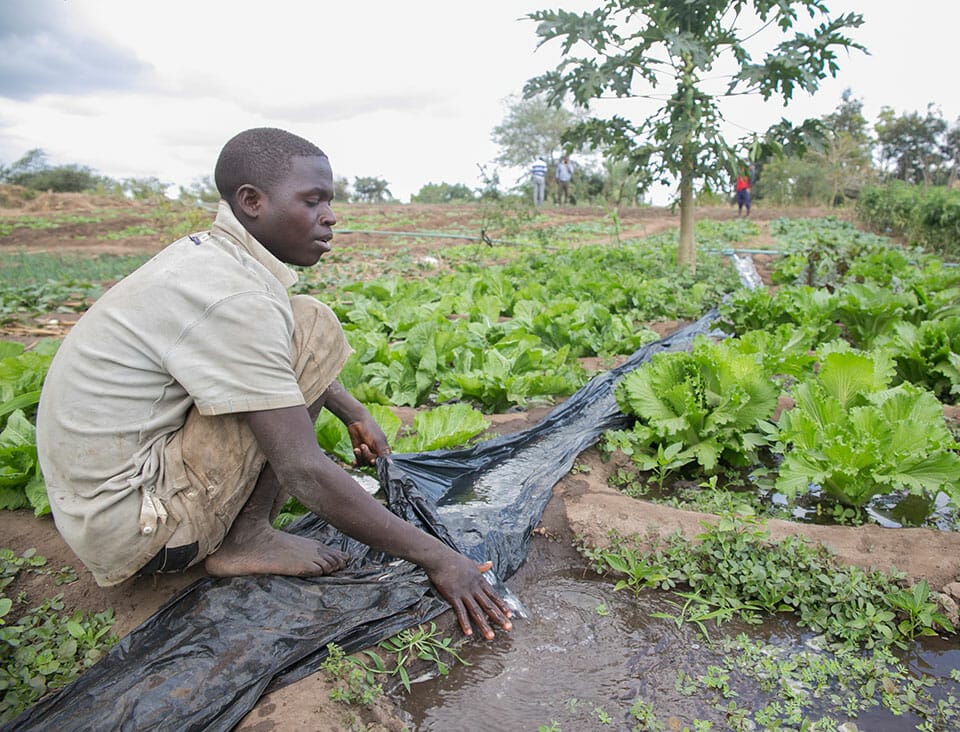
Integrating Watershed Management with Food Security & Agriculture
Protecting watersheds in vulnerable areas is critical to rehabilitating the local environment, reducing soil erosion and increasing water availability and land productivity for affected farmers. Using large-scale watershed approaches and adapting them to the local context, we work with communities to tailor strategies to address each watershed’s unique needs. This process takes into account social, economic and environmental issues, as well as local community interests to mitigate short-term disasters and the longer-term impacts of climate change.
Our watershed management programs can be integrated with conservation, nutrition and food security objectives. For example, Global Communities is a proud partner in the Government of Honduras Dry Corridor Alliance Project, which works with the support of the U.S. Agency for International Development (USAID) to protect, maintain and restore the quality and quantity of water flow. This project provides sustainable access to water for both consumption and irrigation, and focuses on environmental compliance, gender equality, and accessibility measures, as well as strong community engagement and participation. In Malawi, Global Communities, then working as PCI, took a people-centered approach to reach 25,000 households through the Njira Integrated Watershed Management project, which used an intersectional model to mitigate the effects of climate change and increase access to basic sanitation and improved WASH practices in order to address underlying causes of food insecurity.
TESTIMONIAL
The war in Yemen resulted in Jayshan being deprived of functioning water services. However, with USAID’s support, the entire district now has access to sustainable water services.
Sheikh Ahmed Awadh Ahmed,
District Manager of Jayshan
Access to Sustainable Safe Water Services
Global Communities works to improve WASH outcomes with context-specific, locally owned products and services. In rural settings, we build on decades of experience to deliver new approaches to WASH finance, professionally managed water service providers, behavior change, asset management and water resource management to institutionalize long-term planning, budgeting and oversight in the local context. Our work strengthens demand for affordable, durable water supply services at the household and community level, reinforcing positive new behaviors and strengthening local and national government leadership and oversight of appropriate sanitation and water supply programs which identify, map and include those at the base of the economic pyramid.
Examples of expanding sustainable water supply through our programs includes the Improved Rural Water, Sanitation and Hygiene project in Liberia, which took a systemic approach to address public-sector institutional weaknesses, infrastructure constraints and social resistance to change in participating communities. With the support of USAID, Global Communities led careful, ground level work to increase collaboration between the public and non-governmental partners, which led to investments in new tools, skills and knowledge. Private sector partner Chevron Liberia provided grants which led to rapid and visible gains, reinforcing support for long-term change.
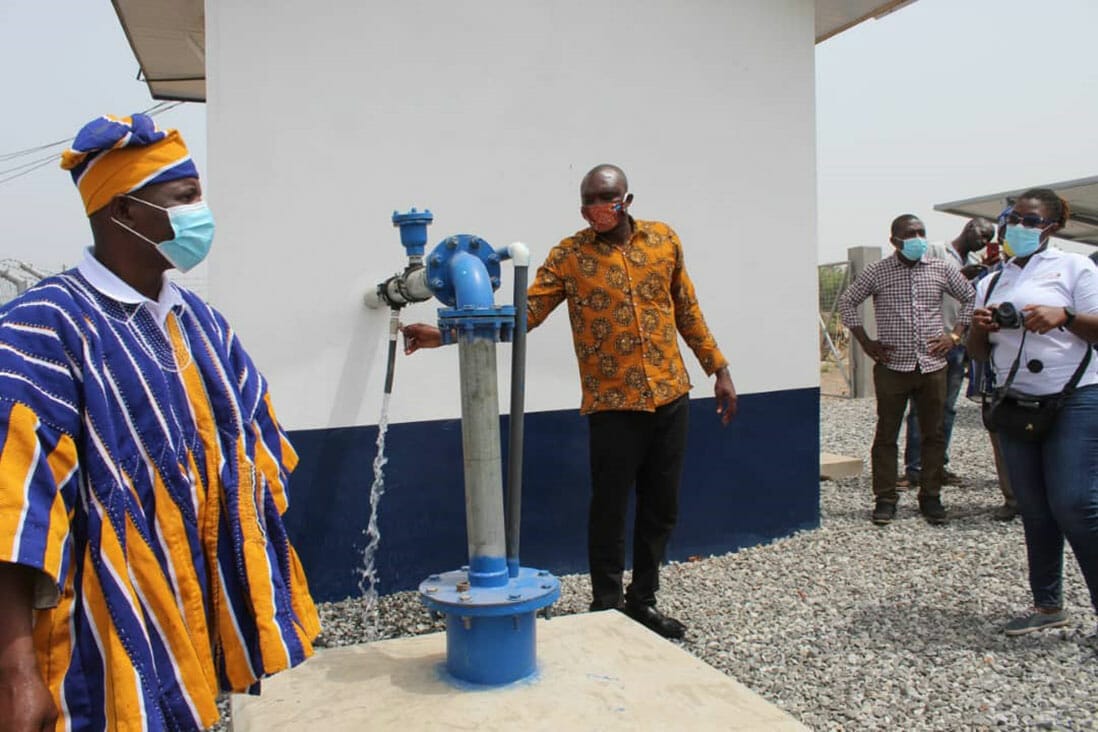
Our Approach
Working alongside local and global partners, Global Communities uses Integrated Water Resources Management—a policy, planning, and implementation tool that helps to protect the world’s environment, foster economic growth and sustainable agricultural development, promote democratic participation in governance, and improve human health while improving the use of scarce freshwater resources. At the same time, we integrate water, sanitation, and hygiene interventions within our programming worldwide. Through improved infrastructure, behavior change support, and community mobilization, we work to improve watershed ecosystems and increase access to safe drinking water.
Through Malawi’s Njira program:
5000
vulnerable households have been protected from flash floods
7,553
hectares of degraded watersheds have been rehabilitated
Through the Under the Dry Corridor Alliance Program (ACSUSAID) in Honduras:
36,000
families benefited from improved water supplies and recharge area restoration
30%
women compose 30% of the water committees or watershed boards
4
public-private associations were created to support ecosystem conservation activities
Our work in this area reaches
Resources
Capacity Materials
Beyond Technology – Strengthening Ghana’s Rural Sanitation Market
Through the Enhancing Water, Sanitation, and Hygiene (WASH) program, USAID Ghana is helping to increase access to sustainable and affordable sanitation in six regions of Northern Ghana by addressing the barriers for a poor-inclusive rural sanitation market.
Briefs & Case Studies
Strengthening Local Governance of Watershed Management for Water Supply and Irrigation in the Dry Corridor of Honduras
Under the Dry Corridor Alliance Program (ACS-USAID), the Government of Honduras and USAID aim to reduce extreme poverty and malnutrition in rural areas of Honduras. Since 2017, Global Communities has been implementing the “Watershed Management and Conservation” component of ACS-USAID in the departments of La Paz, Intibucá and Lempira, working with national government agencies, local…

